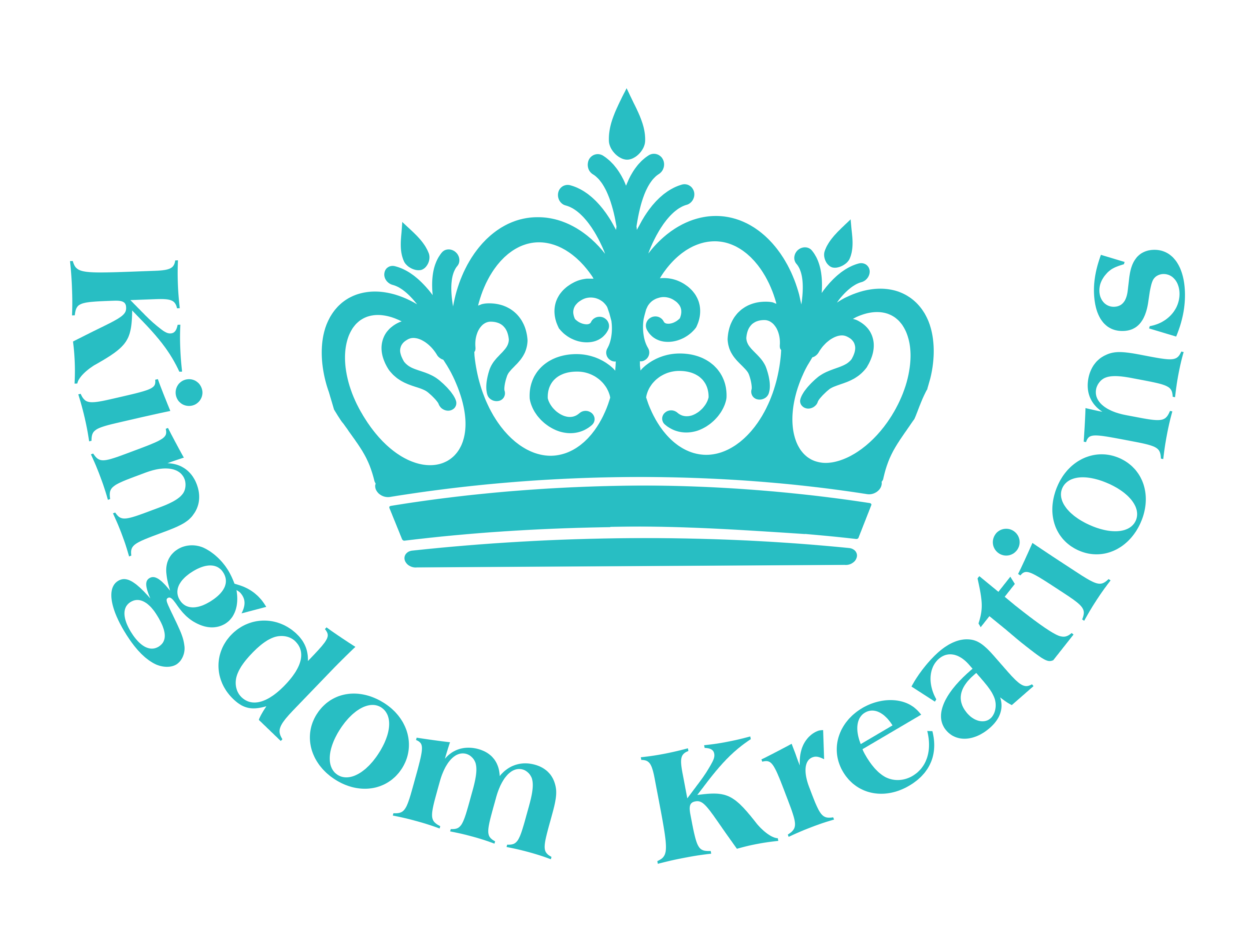Creating your own white label products in the UK can be an exciting venture, whether you’re looking to start a new business or expand an existing one. White label products are essentially manufactured by one company and then rebranded and sold by another, allowing you to offer products under your own brand without the need to develop them from scratch. Kingdom Kreations and Handmade Fever are best examples for that. Here’s a step-by-step guide on how to make your own white label products in the UK:
- Market Research and Product Selection: Identify a niche or market segment for your white label products. Conduct thorough market research to understand customer preferences, competition, and potential demand. Based on your findings, select a product or product category to white label.
- Supplier Selection: Research and choose reputable suppliers or manufacturers in the UK that offer white label services for your chosen product category. Look for suppliers with a track record of quality and reliability. You may need to negotiate terms and pricing with potential suppliers.
- Customization and Branding: Work with the selected supplier to customize the product to meet your branding requirements. This includes designing packaging, labels, and any other branding elements that will distinguish your products in the market. Ensure that your branding complies with UK labeling regulations.
- Legal and Regulatory Compliance: Familiarize yourself with the legal and regulatory requirements for your specific product category in the UK. Ensure that your product complies with safety standards, labeling regulations, and any necessary certifications.
- Quality Control: Establish a quality control process to ensure that the products meet your standards and specifications. Conduct regular quality checks and inspections to maintain consistency.
- Pricing and Profit Margins: Determine your pricing strategy based on factors such as production costs, competitor pricing, and your desired profit margins. Consider factors like shipping and storage costs as well.
- Inventory and Stock Management: Plan your inventory management system to ensure that you have sufficient stock to meet customer demand while avoiding overstocking or understocking issues.
- Marketing and Sales: Develop a marketing strategy to promote your white label products. This may include creating a website, utilizing social media, running advertising campaigns, and working with retailers or distributors to reach your target audience.
- Distribution and Fulfillment: Decide how you will distribute and fulfill orders. You can sell directly to consumers online, through retailers, or through other distribution channels. Ensure that you have a reliable system in place for order processing and shipping.
- Customer Support and Feedback: Provide excellent customer support to address inquiries and issues promptly. Encourage customer feedback and reviews to continuously improve your products and services.
- Scale and Grow: As your business grows, consider expanding your product range or exploring new market opportunities. Stay updated on industry trends and adapt your strategy accordingly.
Starting your own white label product business in the UK can be a rewarding endeavor, but it requires careful planning, attention to detail, and dedication to maintaining product quality and customer satisfaction. Be prepared to adapt and refine your strategy as you gain experience and feedback from customers.

